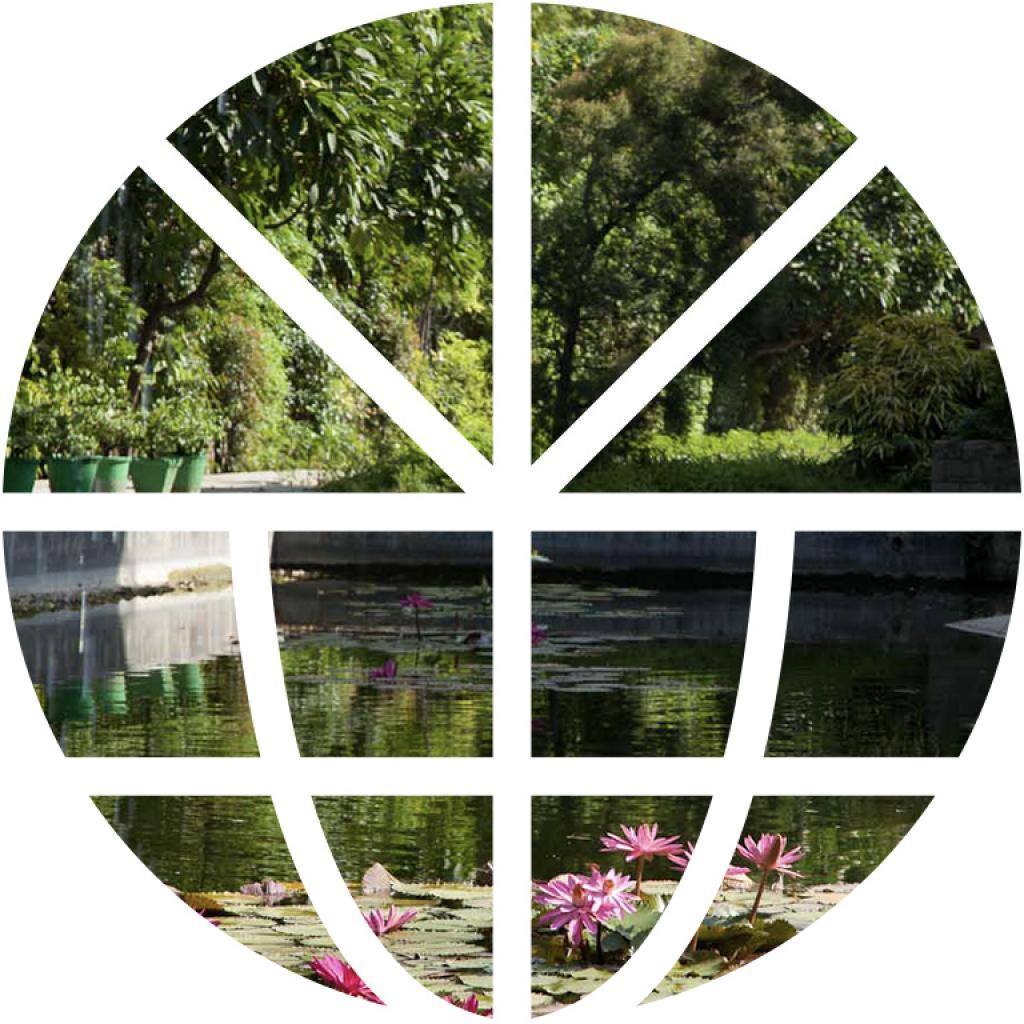INDIAN ARCHAEOLOGY
25 March 2020, 05:30 am
INDIAN ARCHAEOLOGY
Programme Type
Talks
INDIAN ARCHAEOLOGY
Bearing of Recent Excavations on the Harappan Civilization in Ghaggar Basin
Illustrated lecture by Dr. Manmohan Kumar, formerly Professor, Dept. of History, M.D. University, Rohtak
The discovery of the Harappan Civilization in the early twentieth century was one of the most significant archaeological discoveries not just in the Indian sub-continent but also in the world. The expansion of this civilization is now recognized over a total area of 1.5 million square kms and Haryana is one of the core areas. There are about 1300 reported sites of various phases of this culture in the state – Rakhigarhi, Farmanan, Mitathal, Bhirrana, Kunal, Balu, Badli, Manheru, Mirzapur, Daulatpur and Jogana Khera are some of the well-known and excavated site. The talk will present the latest findings of recent excavations

